T4K3.news
Antibiotics as fossil fuels spark policy debate
A new editorial argues for sustainable use and public funding models to curb resistance and pollution.
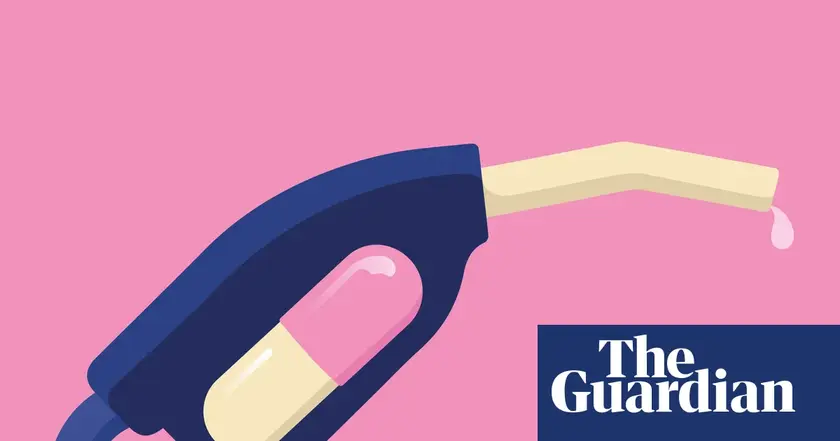
A bold editorial argues that antibiotics resemble fossil fuels in their societal impact and calls for sustainable use and new policy models.
Antibiotics Are the Fossil Fuels of Modern Medicine
Antibiotics helped unlock modern medicine but resistance is rising. The UN has called antibiotic resistance one of the most urgent global health threats, and researchers say resistance already kills more than a million people each year. New antibiotics are not being discovered quickly enough, and many that are essential today were found more than 60 years ago. Antibiotics differ from most drugs because they target bacteria and spread between people, making resistance a social challenge as well as a technical one. The story also shows how antibiotics enabled key advances in surgery, cancer care and farming, while contributing to pollution through manufacturing waste and environmental spread of resistant genes.
The piece argues that antibiotics are cheap in part because their negative impacts are not priced in. It compares the situation to fossil fuels, suggesting we need to rethink how we develop and use these medicines. Policy options discussed include publicly funded antibiotic research, prize incentives for discovery, and subscription models that pay companies a set fee regardless of use. It also stresses that vaccines and better sanitation can reduce reliance on antibiotics, and it cautions that blue-skies research remains essential. The author closes with a call to treat antibiotic use as a finite resource and to pursue a more sustainable medical and industrial system.
Key Takeaways
"We may run clean out of effective ammunition. Then how the bacteria and moulds will lord it."
Historical warning from a 1954 British doctor cited in the piece
"Antibiotics aren’t the only game in town"
Notes that vaccines and sanitation can reduce antibiotic reliance
"If we thought of antibiotics as the fossil fuels of modern medicine"
Central metaphor used by the author to frame the issue
"The antibiotic era is less than a century old"
Timeline framing in the piece
The article leans on a provocative fossil fuels analogy to push beyond a simple tech fix. It argues that resistance is shaped by social choices, market incentives, and global inequality, not just biology. That framing makes policy questions central: who pays for new drugs, how do we reward useful research without fueling overuse, and how can health systems align incentives with public good. The proposed solutions—public institutes, prize-funded discovery, and NHS style subscription models—could reduce pressure on doctors to overprescribe, but they also risk slowing innovation if not designed carefully. Implementation would require international cooperation and sustained funding, tests that go beyond rhetoric.
Another strength is the emphasis on renewable tools—vaccines, sanitation, and basic public health—rather than overreliance on pills. This reframing challenges the idea that new antibiotics alone will solve the problem. Yet the piece acknowledges the political and budget realities that shape who benefits from cheap medicines and who bears the cost of their externalities. The call for a broader, systemic rethink of how we fund, regulate, and deploy antibiotics is timely, but turning that into action will demand clear economics, transparent governance, and global solidarity.
Highlights
- We may run clean out of effective ammunition
- If we thought of antibiotics as the fossil fuels of modern medicine
- Antibiotics aren’t the only game in town
- The antibiotic era is less than a century old
Antibiotic policy risks and political sensitivity
The article discusses global inequality, funding reform, and new models for antibiotic development, which could draw political scrutiny and budget competition across nations. Implementing subscription models and public institutes may face industry resistance and public debate over funding.
The path forward will require choices that protect both health and the planet, not just profits.
Enjoyed this? Let your friends know!
Related News
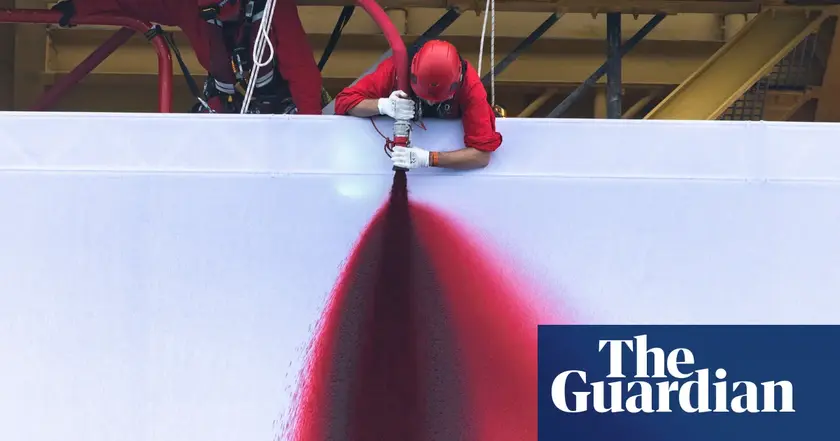
Greenpeace stages blood red art on North Sea rig

Trump administration cancels offshore wind projects

EPA moves to revoke climate rules
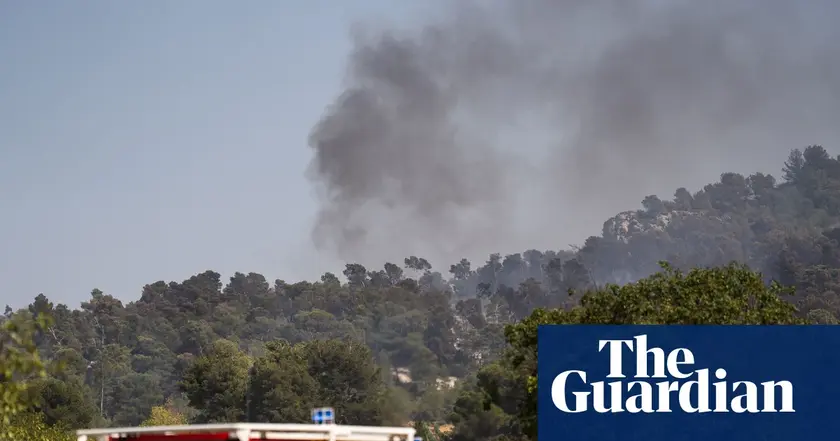
Southern Europe Endures Heatwave
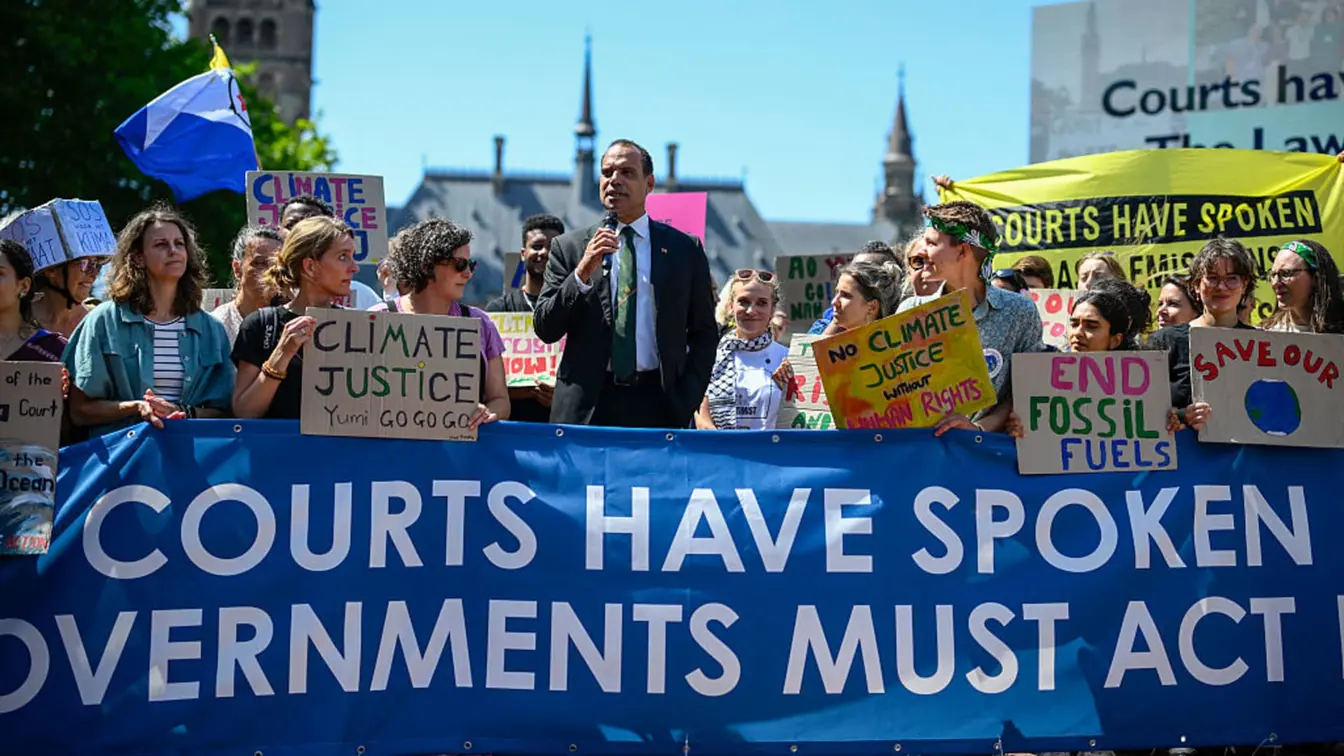
ICJ climate ruling reshapes markets
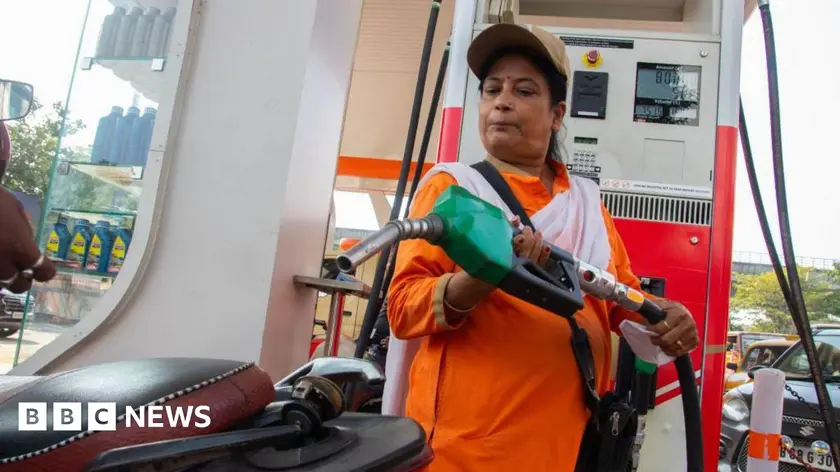
India advances E20 milestone with cautions for drivers
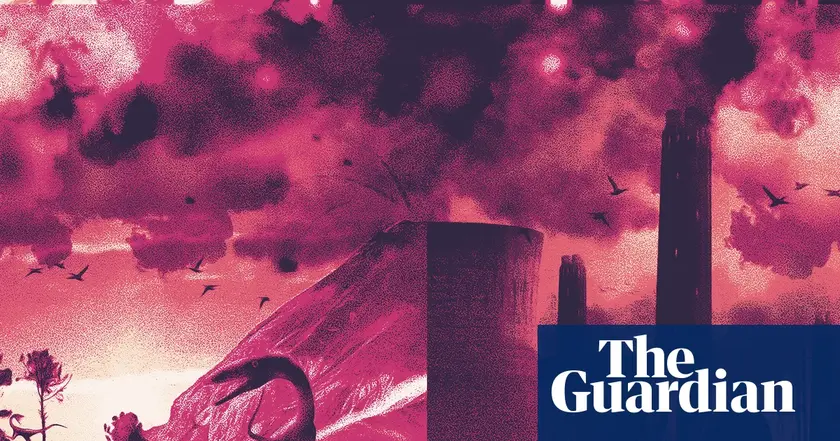
Rapid CO2 rise could trigger mass extinction
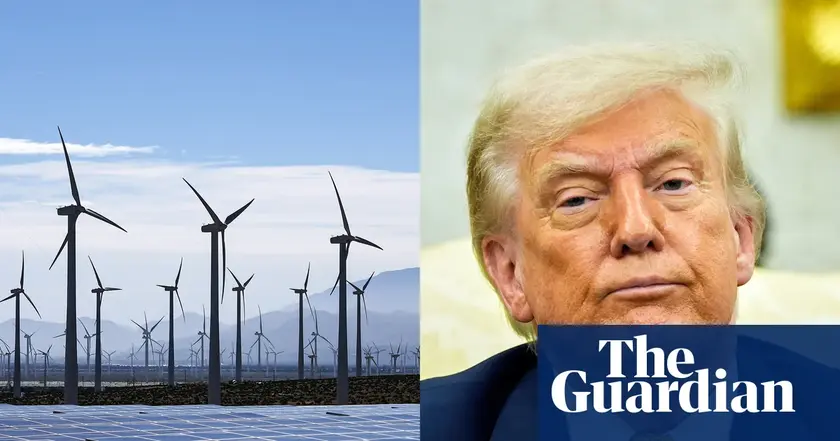
Trump continues anti-renewable stance in Scotland
